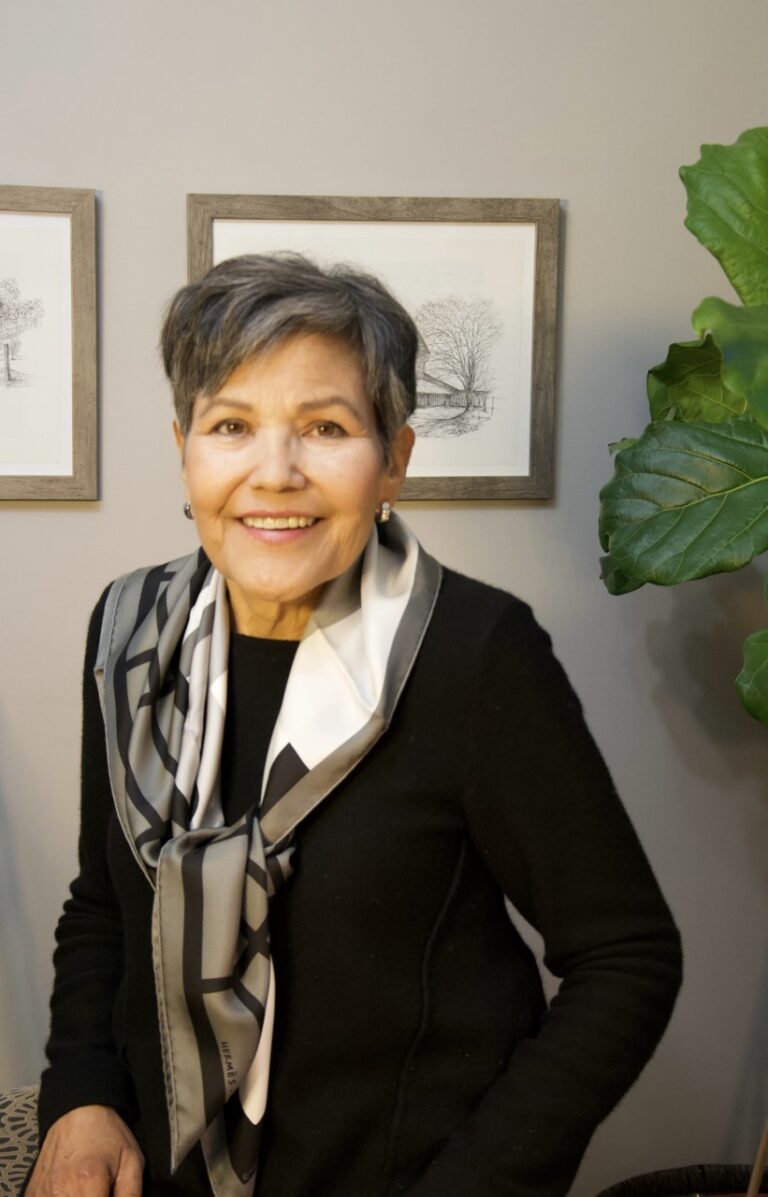
Given a path that took her from a childhood in the West Flat area of Prince Albert to a career in the Canadian foreign service and degrees in mechanical engineering and law, unique accomplishments are part of Deborah Chatsis’ makeup
But it was still a surprise when she knew she would be honoured with an Order of Canada medal.
“It was quite a surprise, I hadn’t expected it for sure,” said Chatsis from her home back in Prince Albert.
As a civil servant for many years, she knew it was uncommon for federal government employees to be nominated.
“I was deeply honoured that my colleagues thought enough of me and my work to nominate me for the award,” she said. “I was shocked. It took a long time to sink in.”
Chatsis had a gradual transition from small city to the broader world, leaving to go to Saskatoon first.
Chatsis graduated from Ecole St. Mary in Prince Albert before earning a degree in mechanical engineering at the University of Saskatchewan in 1983. That wasn’t quite to her satisfaction, so she then took her masters in law at the University of Ottawa and found even that wasn’t quite what she wanted.
Progressively, she left Saskatchewan and entered the bigger world. The first city was Beijing, China with a population at the time of over seven million.
“There was just people all over the place. It was a bit of a culture shock to be surrounded by people all the time,” she said. “But I got used to it.”
Coming back does not hold the same level of shock as she is close to family.
“I have some medical issues so I was on a posting in Guatemala and I decided it was better to come back to Canada to get treatment and to be with family,” said Chatsis, who retired in 2019.
Her sister and husband live in the city as do cousins, nieces and nephews.
Chatsis a member of the Ahtahkakoop First Nation and her father is member of the Poundmaker band near North Battleford.
Memories of visiting grandparents and other family are part and parcel of who she is.
“It’s important to know who you are and where you come from,” she explained. “That’s always been at the back of my mind. I am who I am because I grew up here. It made me the person that I am.”
Guatemala in particular has a high indigenous population and her background helped her talk to people there about their issues.
“It helped me bring something to the job that maybe not everybody would have,” she said. “Conversely, I’ve had the opportunity to speak to students in Prince Albert and on Ahtahkakoop about the work I was doing overseas to give them a sense of what’s outside and beyond Prince Albert.”
This is something she enjoys and the students show a strong interest in her experiences.
It wasn’t until she was in university that it even occurred to her to enter the foreign service. It was a friend who was interested that sparked the thought so she took the exam.
Much of the exam was general but also included questions to gauge foreign awareness, from the United Nations, World Bank and IMF.
After entering the foreign service in 1989, she worked in Beijing, Bogotá, Miami, Geneva, New York City, Hanoi, and Guatemala.
She was also Canada’s Ambassador to Vietnam, Ambassador to Guatemala and High Commissioner to Belize.
“You have to have interpersonal skills, communication skills. That’s part of it. In some cases you need language,” Chatsis said.
The ambassador is also a manager, overseeing staff and budgets and development programs run out of the embassy.
“There’s a fair amount of administrative work. You have to be a good manager,” she said. “It’s a great job but there’s not as many cocktail parties as you would think, but it is a fun job.”
Contemplating another career change in 2006, Chatsis attended the John F. Kennedy School of Government at Harvard as a Fulbright scholar from 2006 to 2007 and also has a master in public administration.
Even retired, the pandemic and with health issues, Chatsis is still learning.
In the last few months, she has taken a writing class, an agility class with her dog and is taking Cree lessons.
Given the pandemic, the normal method of having a ceremony where recipients are presented their medals by the Governor General will not happen.
Chatsis anticipates the government may instead choose to send Mary Simon to each province to present the medals that way.
